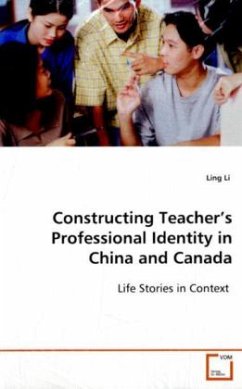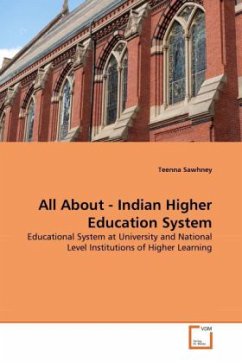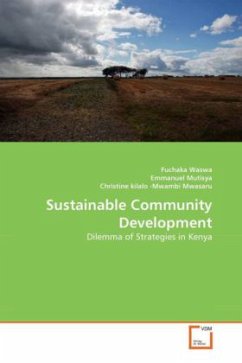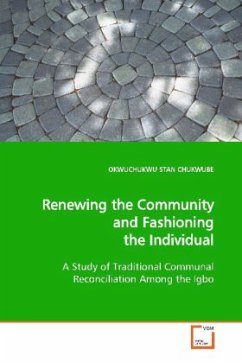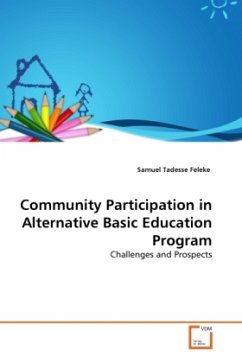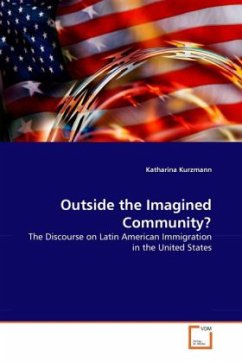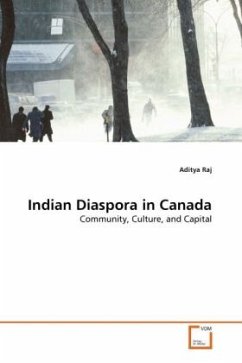
Indian Diaspora in Canada
Community, Culture, and Capital
Versandkostenfrei!
Versandfertig in 6-10 Tagen
51,99 €
inkl. MwSt.

PAYBACK Punkte
26 °P sammeln!
People from India are the second fastest growing ethno-cultural group in Canada. "Diaspora" is used as a heuristic tool, in this book, to understand the social formation and cultural patterns of these international migrants. This research is situated within the macro terrain of globalization and transnationalism, while the micro facets focus on social education as manifested in the contemporary society, marked by different foci of influence and similarly diverse modes of resistance. Locating this inquiry within post-formalism, I propose critical transnational ethnography synergized by the diff...
People from India are the second fastest growing ethno-cultural group in Canada. "Diaspora" is used as a heuristic tool, in this book, to understand the social formation and cultural patterns of these international migrants. This research is situated within the macro terrain of globalization and transnationalism, while the micro facets focus on social education as manifested in the contemporary society, marked by different foci of influence and similarly diverse modes of resistance. Locating this inquiry within post-formalism, I propose critical transnational ethnography synergized by the different loops of research bricolage to study people in the diaspora. The analysis suggests that people in the diaspora invest in and create certain social energy which can be comprehended as the diasporic capital. It concludes that the role of the community on the youth depends on the manner and process through which the diasporic capital is invested in, and are used by the parents as well as the youth themselves.




